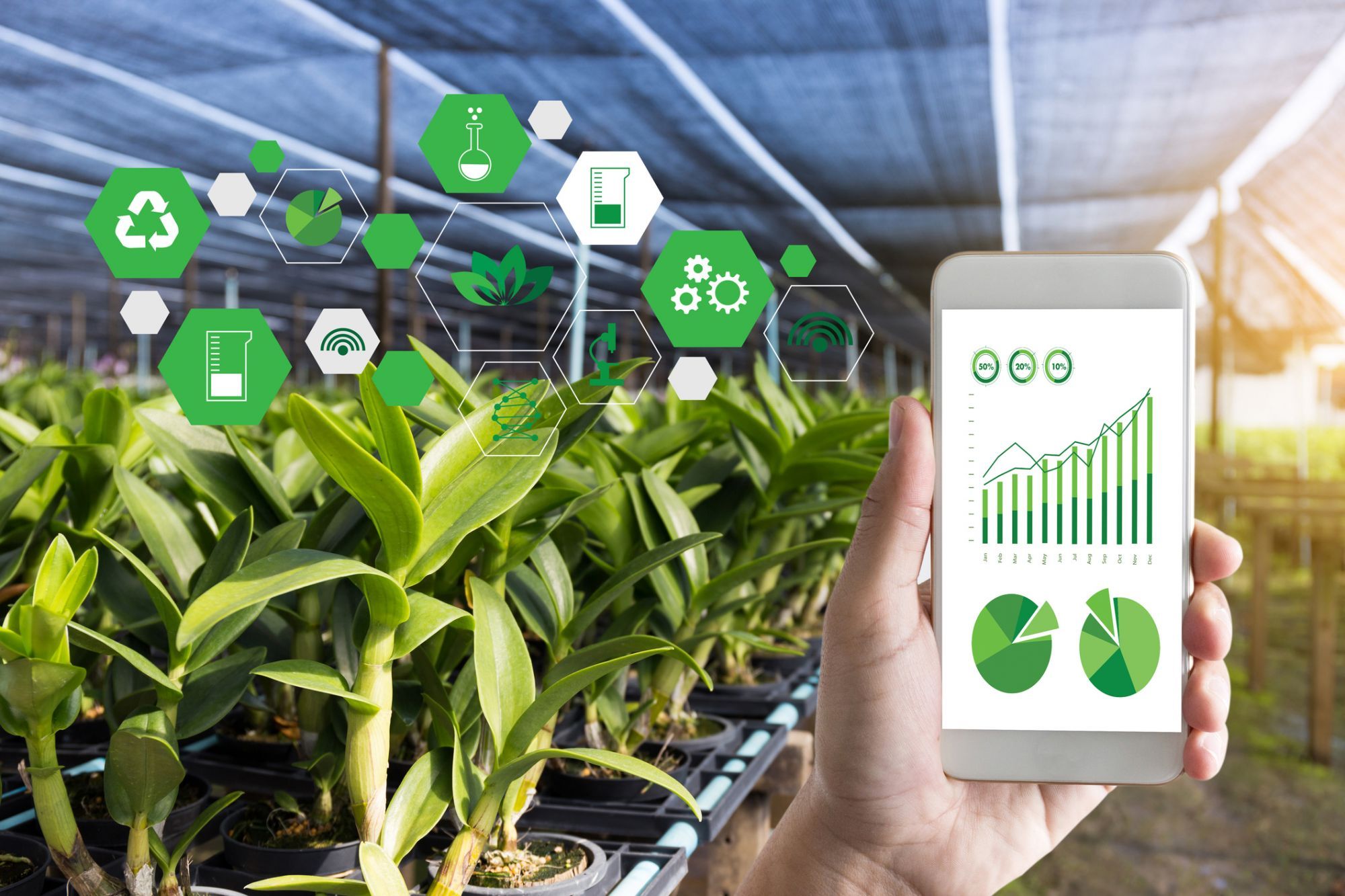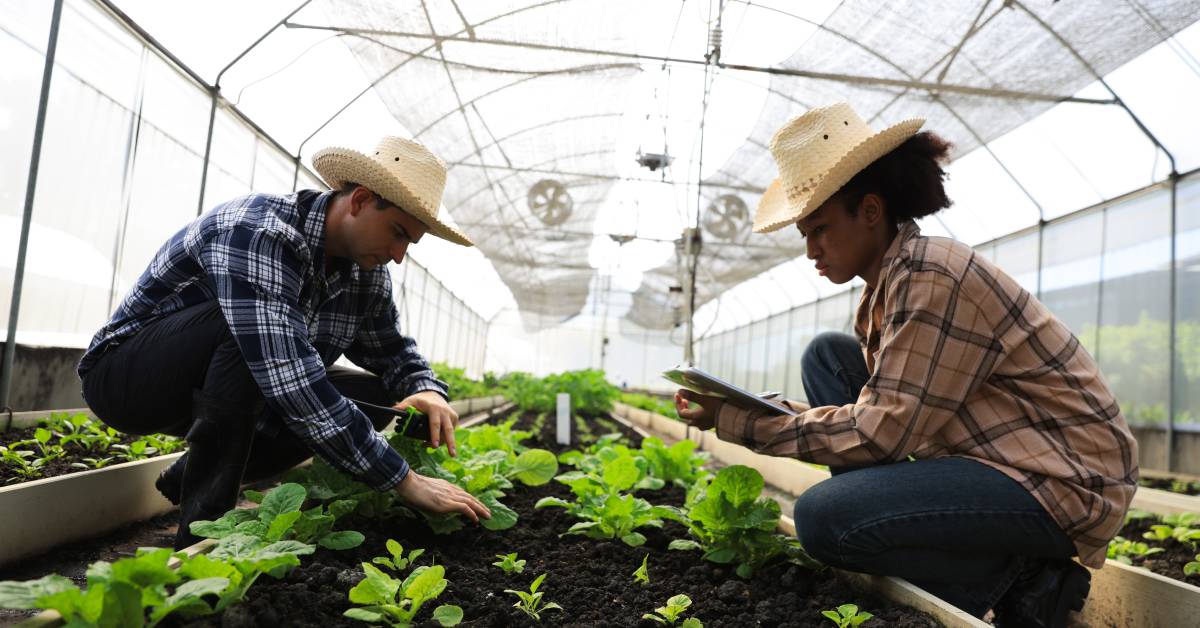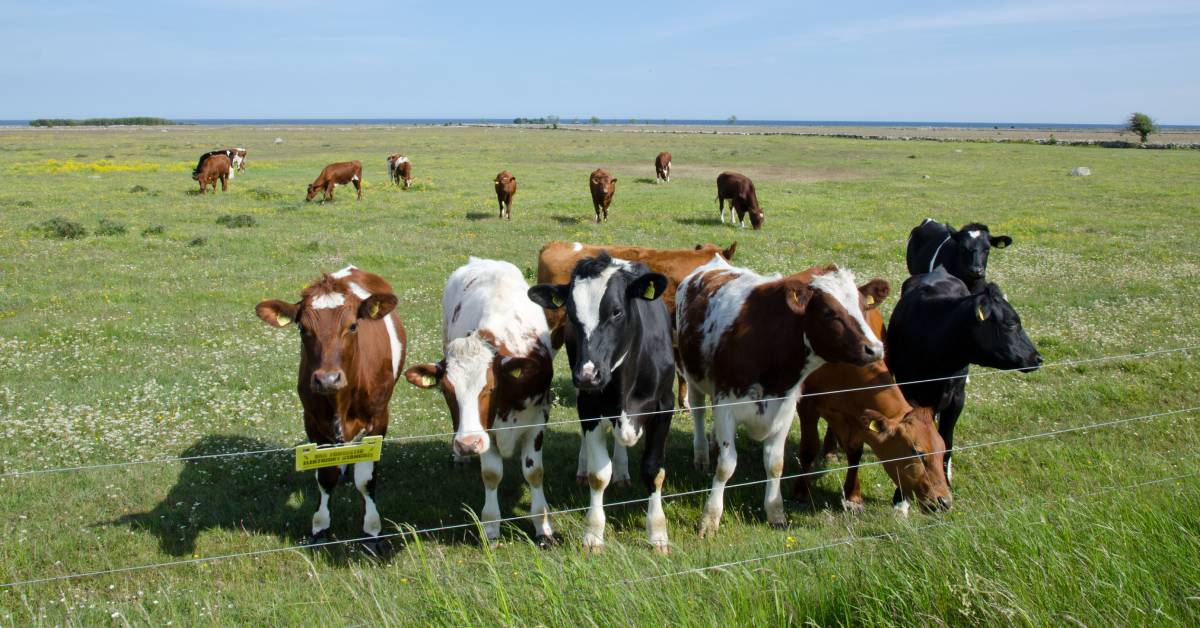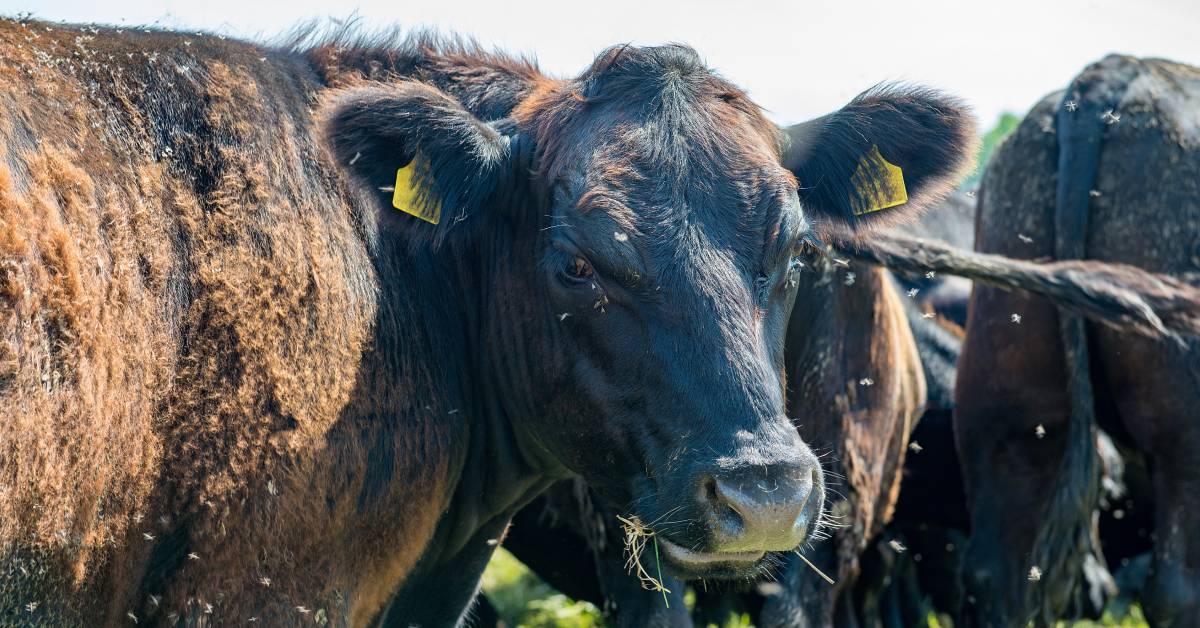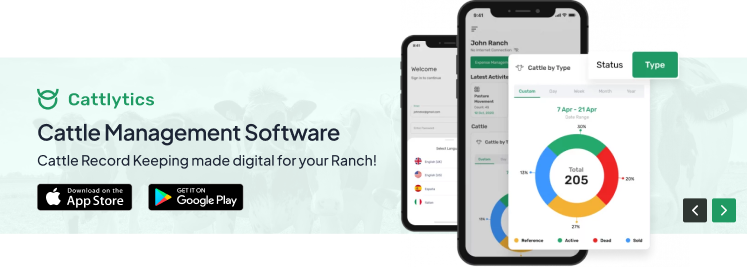Farmers confront a multitude of challenges: depleting soil quality, dwindling water supplies, and the omnipresent threat of climate change. These hurdles intensify the hardships they face. However, there is a beacon of hope on the horizon: data-driven agriculture. This innovative approach seeks to augment farmers’ existing knowledge with the prowess of data and artificial intelligence (AI) without displacing their expertise.
AI in the Agriculture Market on the Rise
Forecasts predict remarkable growth in AI in the agriculture market, with an annual increase of over 25%, reaching an impressive value of $4 billion by 2026. This surge is propelled by a surge in demand for agricultural robots, elevated consumer expectations, and the necessity for enhanced crop yields.
Notably, in North America, the AI in agriculture market is poised to reach $5 billion by 2032. This surge is attributed to the region’s well-established infrastructure, substantial investments in AI research and development by prominent companies, and government initiatives promoting precision farming.
Exploring AI Applications in Agriculture
In the realm of smart agriculture, a plethora of AI-driven solutions exist to amplify productivity and efficiency, enabling farmers to optimize their resources. These AI applications span across various domains, including crop mapping, soil analysis, pest management, greenhouse operations, and animal healthcare. Here, we present a collection of examples:
1. Analyzing Market Demand
Descartes Labs, a New Mexico-based company, employs AI and machine learning algorithms to assess market demand by analyzing satellite imagery and weather data. This data-driven approach predicts market demand for specific crops, empowering farmers to maximize their profits.
2. Safeguarding Crop Health
lntello Labs, a startup from India, utilizes AI-powered software with computer vision algorithms to assess the quality, ripeness, and size of fruits and vegetables. It also identifies defects and diseases, enabling timely intervention and minimizing crop losses.
3. Protecting Crops
Taranis, a precision agriculture startup, employs computer vision and machine learning to accurately detect and classify diseases and pests in crops. Their insights guide farmers in selecting effective treatment methods, reducing the need for harmful insecticides.
4. Controlling Soil Health
Agrocares, a Dutch agritech company, offers the Nutrient Scanner, a powerful combination of AI-powered hardware and software. It provides precise estimates of missing nutrients in soil, helping farmers optimize fertilizer application and irrigation practices while promoting sustainable soil health.
5. Soil Monitoring
Integration of sensors and AI systems enables precise monitoring of soil conditions, including moisture levels, temperature, pH, and nutrient content. AI analyzes this data to provide actionable instructions to farmers, ensuring optimal resource utilization.
6. Reducing Herbicide Usage
Innovative tools like Blue River Technology’s “See and Spray” machine and Precision AI, along with top-notch crop analysis software, are reducing herbicide application by accurately targeting weeds. This approach leads to cost-effective and environmentally friendly crop management.
7. Monitoring Livestock Health
AI and facial recognition technology are being utilized in livestock farming to monitor animal health, enhance efficiency, and improve traceability. Livestock management software platforms like CattleEye enable remote tracking and monitoring of livestock, aiding in early illness detection and overall herd health management.
Benefits of AI in Agriculture
AI offers a multitude of benefits crucial for meeting the rising global food demand, particularly as the world’s population is projected to reach 9.7 billion by 2050. Some key advantages of AI in agriculture include:
1. Informed Decision-Making
AI equips farmers with valuable insights into market trends, soil health, weather patterns, and crop readiness, enabling informed decision-making at every stage of farming.
2. Alleviating Labor Shortages
Automation through AI-driven technologies reduces the reliance on manual labor, addressing the long-standing issue of labor shortages in agriculture.
3. Driving Cost Savings
AI-driven precision agriculture optimizes resource utilization, resulting in reduced costs, improved harvest quality, and increased profits.
Challenges in AI Adoption
While AI holds great promise for agriculture, several challenges must be overcome:
1. Data Collection
Gathering comprehensive and accurate data remains a challenge, and collaboration between data scientists and agricultural experts is vital.
2. Data Ownership and Privacy
Determining data ownership and ensuring privacy are complex issues that require careful consideration and solutions.
3. Agricultural Data Fragmentation
The decentralized nature of agricultural data hampers the full potential of AI insights.
4. Cost of Change and Mistakes
The high cost of change and the potential for mistakes in AI adoption require careful implementation strategies and risk management.
Addressing Farmer Hesitation
Farmers’ hesitance to adopt AI often stems from a lack of understanding of how it can practically benefit their work. Clear explanations, step-by-step guidance, and practical demonstrations are crucial in bridging this knowledge gap.
In conclusion, artificial intelligence is ushering in a new era of agriculture, offering farmers powerful tools to address challenges and enhance productivity. With continued innovation and collaboration, AI has the potential to revolutionize the future of farming.

